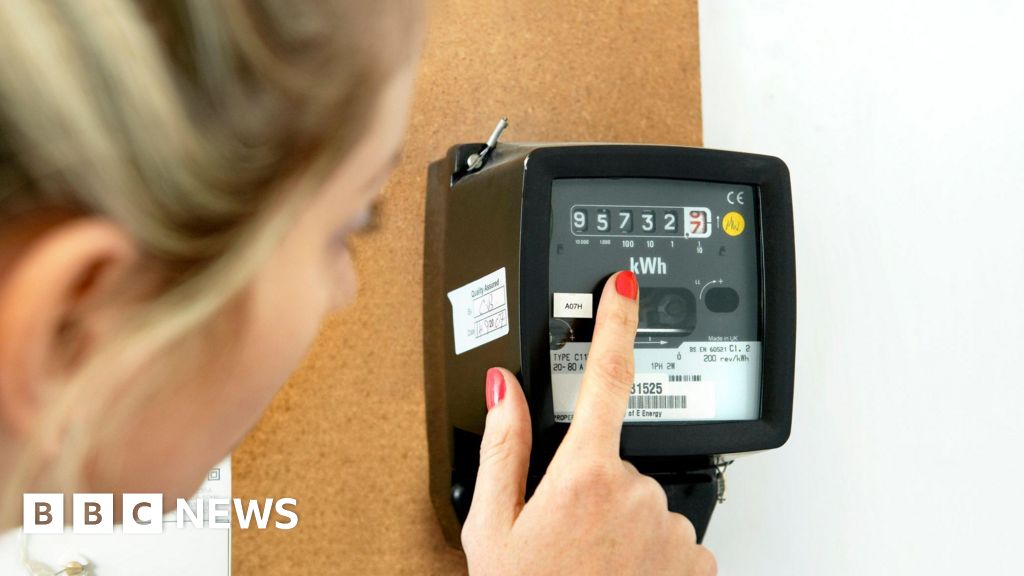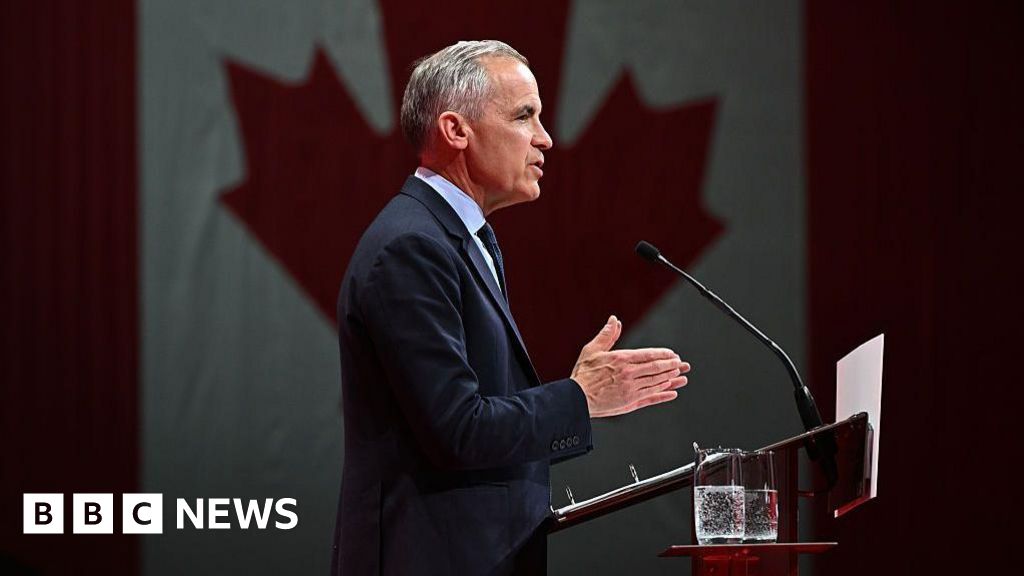ARTICLE AD BOX
Sainsbury's has said it will continue asking customers and staff in England to wear masks in its shops when Plan B rules end on Thursday.
The supermarket chain said safety remained its "highest priority".
The legal requirement for face coverings in public places and Covid passports will be dropped after infections peaked nationally.
The government has advised people to still wear masks in enclosed or crowded spaces and when meeting strangers.
In a statement to the BBC, Sainsbury's said it would ask customers and staff in England to "continue to wear a face covering in our stores if they are able to".
"In Scotland and Wales face coverings remain mandatory for those who can wear them in our stores, in line with the latest government restrictions," the supermarket added.
"We continue to have a range of safety measures in all of our stores, including screens and sanitising stations."
The BBC has contacted other big supermarkets to ask if they also plan to keep the policy.
When the previous mask-wearing mandate ended in July last year, Sainsbury's and its rival Tesco both asked shoppers to keep wearing face coverings.
At the time, Sainsbury's said its strategy reflected feedback from customers and colleagues, the majority of whom supported keeping the policy in place.
When the government re-imposed a mask mandate in November to battle Omicron, unions warned that shop workers had no power to make customers wear them.
Those who tried were also sometimes subject to abuse, with the shop workers' union Usdaw warning that it attracted "so much aggression" from a minority of shoppers.
Why use a face covering?
Scientific evidence has suggested coronavirus transmission mainly happens indoors when people are close together.
Covering the nose and mouth can help reduce the spread of virus droplets from coughs, sneezes and while speaking.
The main purpose is to protect others although there is some evidence masks offer protection to wearers.

 3 years ago
94
3 years ago
94








 English (US) ·
English (US) ·